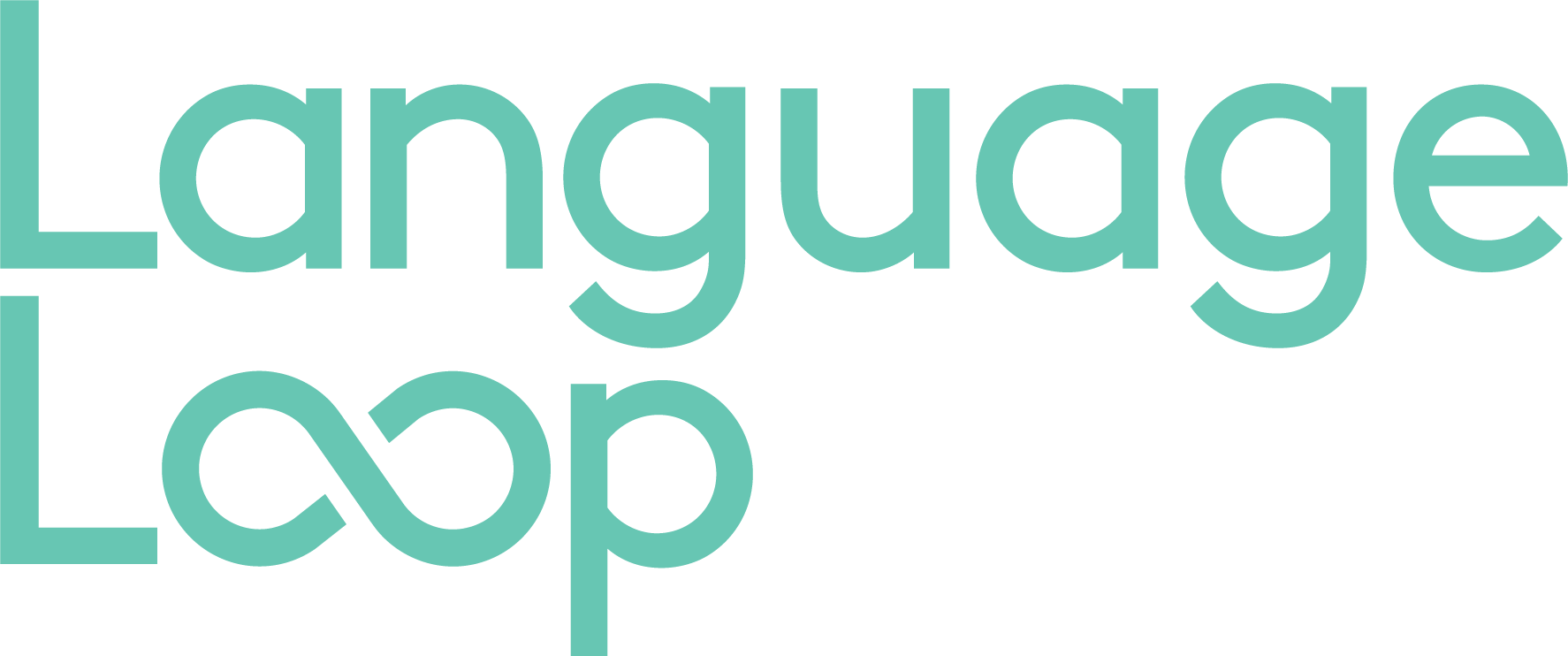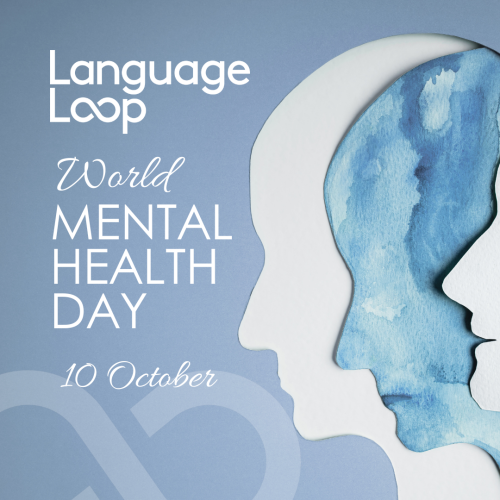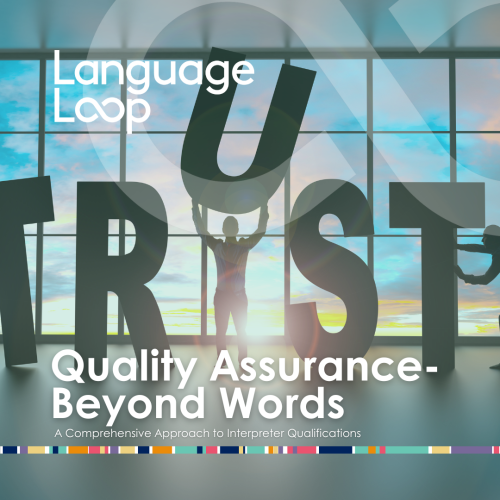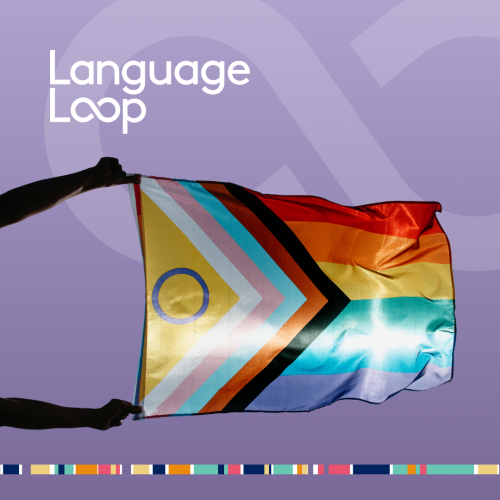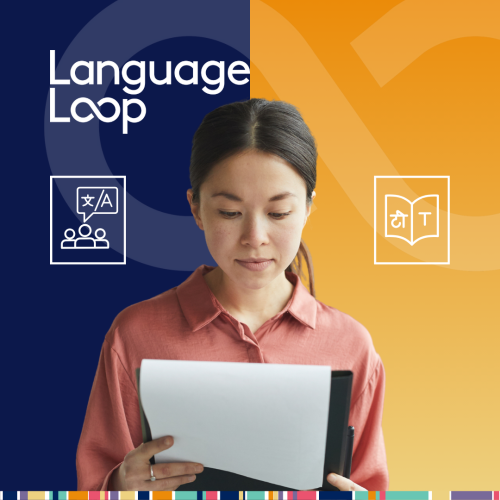With 21% of our population speaking a language other than English, interpreting services have been crucial during the COVID-19 pandemic to ensure everyone has equal access to crucial health information.
Last financial year, LanguageLoop conducted over 230,000 telephone interpreting (TI) calls across 180 languages, an increase of 14% from the previous year. Due to the current pandemic, we’ve seen a further increase in TI requests highlighting the importance of this form of communication for our multicultural communities. Not only are we seeing a dramatic increase in TI for a variety of different appointments ranging from health, mental health and legal interactions to parent/teacher interviews and discussions with utilities and financial services providers, LanguageLoop has funded research into the quality of these often complex three way phone interactions.
As part of our ongoing commitment to advancing the quality of interpreting services across Australia, we’ve funded The University of Queensland’s research into this service and the development of best practice guidelines for improving TI services through our annual $150,000 Research & Innovation Fund.
The research focuses on four clear objectives:
- Understanding and solving the current issues interpreters encounter when interpreting over the phone;
- Exploring how interpreters manage the three-party interaction to ensure effective and smooth communication among the three parties;
- Examining the current interpreting strategies interpreters use during real-life TI situations; and
- Analysing the quality (accuracy of information transfer) of real-life TI assignments.
With the University’s final report to be submitted in December this year, the team have already found some key strategies the language service industry, language service agencies, interpreters, and English-speaking professionals can implement to improve the delivering of interpreting via the phone.
The industry guidelines on TI best practice for interpreters and clients will be integrated into professional development activities for both interpreters and English-speaking professionals in the field. These guidelines will be an Australian-first, improving the quality of TI services right across Australia.
For more information about this project or how get involved please click here.
